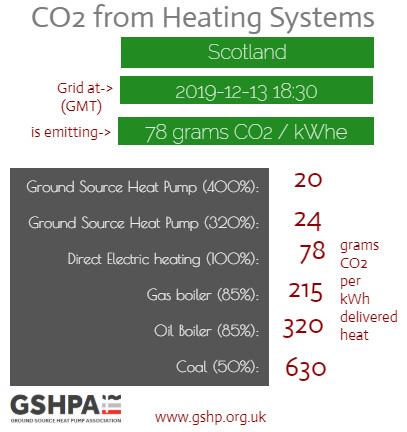Alok Sharma appointed President COP26
The Government made the following announcement on 8 January 2021:
The Prime Minister has appointed Alok Sharma as full-time President of the UN COP26 climate conference in Glasgow in November 2021.
COP26 will be the largest summit the UK has ever hosted, bringing together representatives from nearly 200 countries, including world leaders, experts, and campaigners.
To meet the high ambitions for the summit Alok Sharma will focus solely coordinating global action to tackle climate change. A successful summit in November will be critical if the UK wants to meet the objectives set out by the UN Paris Agreement and reduce global emissions. The UK has set a high bar, with the recent commitment to reduce emissions by at least 68% by 2030, but also needs other countries to do their bit.
Alok Sharma has been a leading force behind the UK's climate diplomacy since assuming the role in February 2020. The Climate Ambition Summit co-hosted by the UK in December 2020 saw 75 world leaders set out new commitments to climate action.
Anne-Marie Trevelyan will become Minister of State for Business, Energy and Clean Growth, taking forward climate and energy policy, including implementing plans for the Prime Minister's Ten Point Plan for a Green Industrial Revolution.
The COP26 President will be based in the Cabinet Office, continuing as a full member of Cabinet, and will chair the Climate Action Implementation Committee to coordinate government action towards net zero by 2050 in the run up to COP26.
COP26 President Alok Sharma said:
The biggest challenge of our time is climate change and we need to work together to deliver a cleaner, greener world and build back better for present and future generations.
Through the UK's Presidency of COP26 we have a unique opportunity, working with friends and partners around the world, to deliver on this goal.
Given the vital importance of tackling climate change I am delighted to have been asked by the Prime Minister to dedicate all my energies to this urgent task.
The UK continues to lead by example in cutting emissions by more than any other similar developed nation and at the fastest rate. The Prime Minister's Ten Point Plan sets out how we will go further and faster towards a greener future, including committing to end the sale of new petrol and diesel vehicles by 2030, supporting renewable energy projects across the UK, investing in technology and transforming the energy efficiency of the UK's homes and public buildings.
Fact Check
The Government announcement (above) states boldly that, "The UK continues to lead by example in cutting emissions by more than any other similar developed nation and at the fastest rate."
The reality is that the UK has done very poorly on two of the three fundamental factors effecting decarbonisation:
- decarbonisation of the electricity grid
- electrification of transport
- electrification of heating
Decarbonisation of the electricity grid
On decarbonisation of the grid the UK has done well with the Grid Carbon Factor falling from 512 grams CO2e/kWhr in 2014 to just 136 in 2020.
This is because electricity is no longer generated by burning coal and a much larger proportion of electicity generation is now from wind power which the Government has successfully encouraged.
Electrification of transport
On electrification of transport the UK has made a start: all electric car sales now amounting to 6.6% of the UK market in 2020. However, this compares with 66% of new car sales in Norway where all electic cars are encouraged by reduced taxation and by offering concessions on parking in cities.
Electrification of heating
On the key area of decarbonisation of heat the UK has made no serious progress at all. The reason is that the Fiscal Background in the UK is very hostile to the installation of heat pumps: the price of electricity in the UK is larger than in any other major European nation (except Italy), with an "environmental levy" and tax on each kWh of electricity being larger than the total cost of one kWh of gas.
The price of gas in the UK is also lower than any other major European nation (except Belgium) because of low taxation.
Until the Treasury reduces taxes on electricity the uptake of heat pumps in the UK will continue to be very limited. The UK needs to do this before inviting the world to Glasgow: the UK is currently demonstrating how to prevent the decarbonisation of heating.
See Renewable Heating See Renewable Cooling



